Some things are worth reflecting on
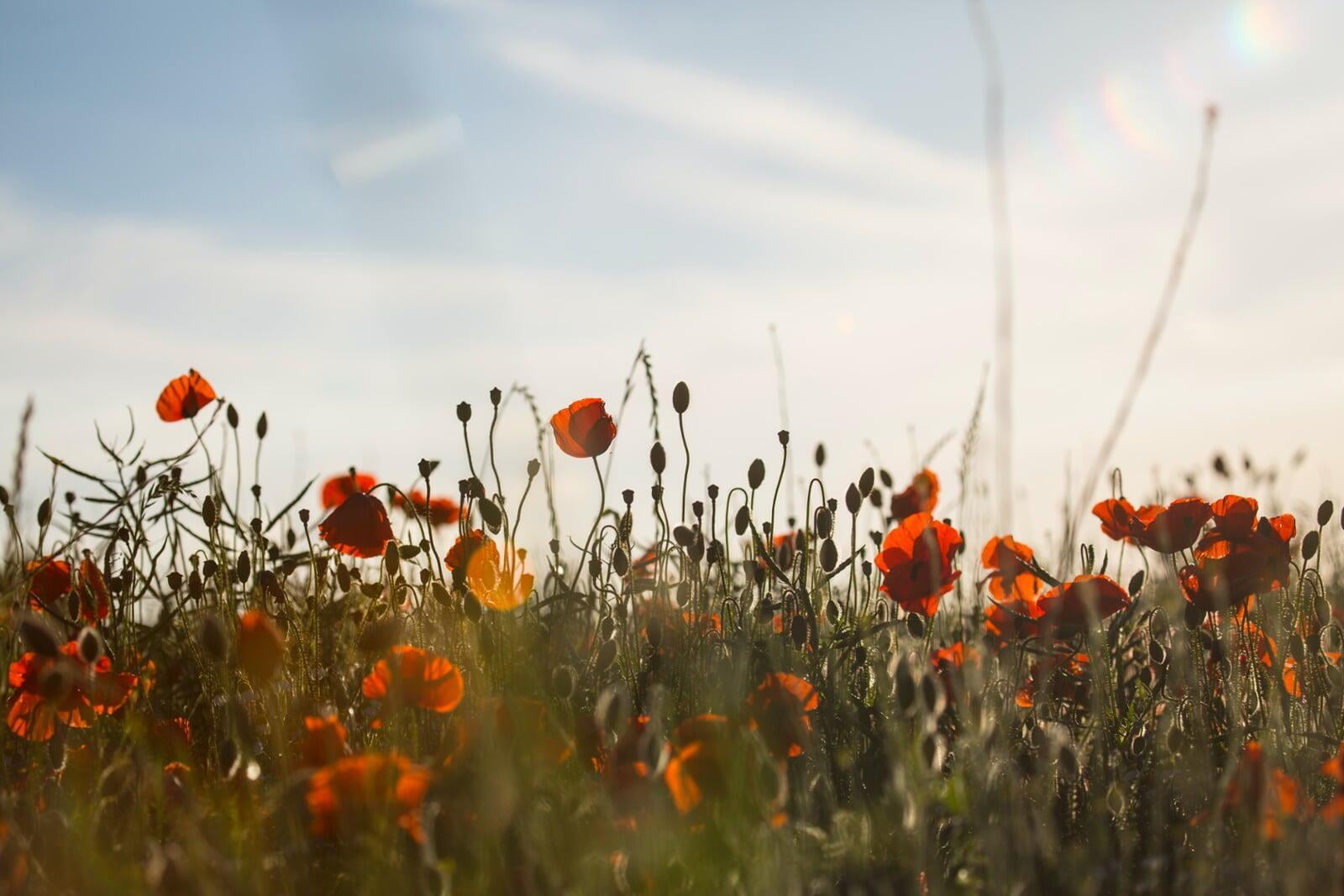
World War I is infamously known as the beginning of modernity. Whether it be national borders, technological advancements, or subsequent conflicts, the Great War either sped these along into the 21st century or created them outright, with events still rippling towards us today. Yet, the most drastic change was in how people lived their lives in its wake. In the time since, memories of the Great War, either recorded directly by the source or told through secondhand recollections, have created an endless world for authors to exploit. Each account of the war, written, spoken or filmed, is different from the last, yet, they all have one thread in common: the horrors of war inflicted upon all members of humanity.
In honour of Armistice Day, a day commemorating the ceasefire that ended the First World War, here are five books that examine the experiences of war and effects of that brutality.
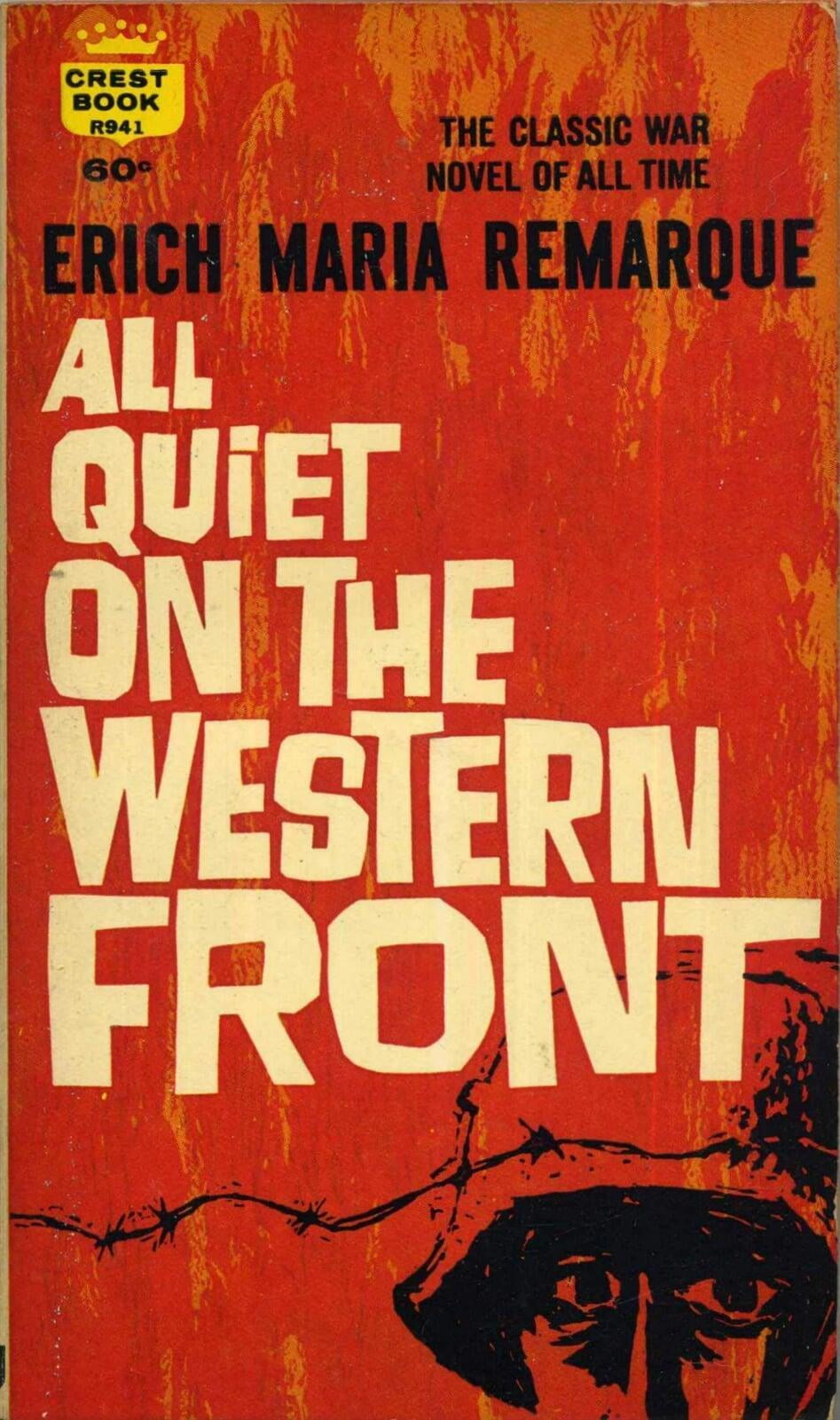
All Quiet on the Western Front by Erich Maria Remarque
A book we’ve all read, and detested, in middle school. Yet, after multiple readings as you cross into adulthood, this novel becomes much more than a weekly reading assignment to be avoided till the last minute — or avoided outright. It becomes a tale of quiet tragedy. Now considered the quintessential anti-war book, Erich Maria Remarque’s story about Paul, a German soldier, and his comrades skillfully reimagines the horrors the soldiers face in battle. The dullness students feel while reading the book is in reality a massive psychological profile of what the soldiers on both sides went through. Many of the soldiers themselves were young enough to be finishing high school with their entire life ahead of them. Remarque, a veteran of the war himself, manages to create, a sense of excitement in the minds of the soldiers at first, only for them to slowly realise the futility of their mission as the war rages on and that their own lives will, become meaningless and redundant. This, not necessarily because of the potential results of the First World War, but because of what they went through in the dirty pits of the trenches. Erich Maria Remarque’s book tells us in the scariest way possible that humans can not, and should not, become war machines — a lesson humans would do well to learn over a hundred years of the dreaded conflict.
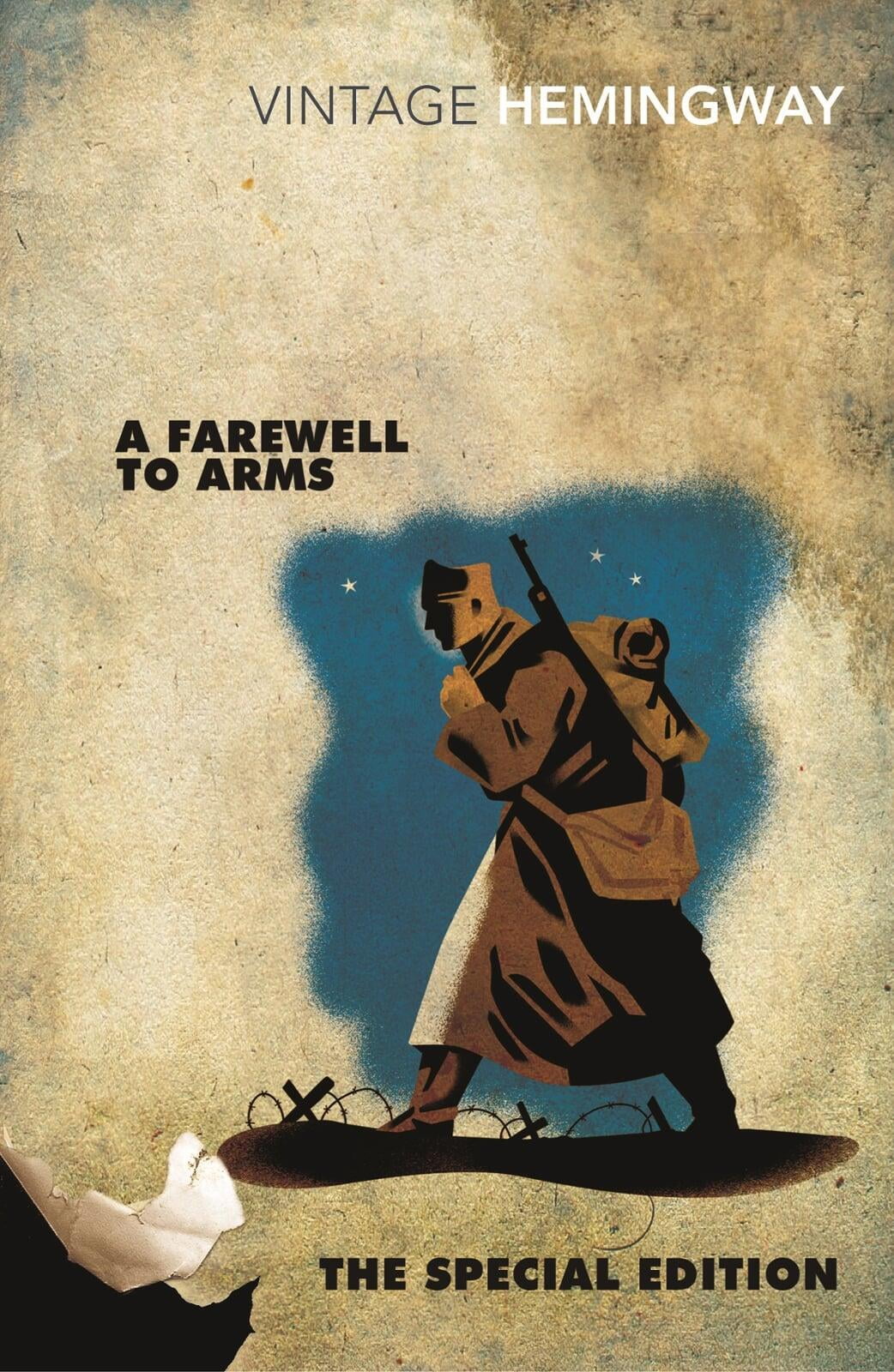
A Farewell to Arms by Ernest Hemingway
This may not just be Ernest Hemingway’s greatest book, but also a massive contender for the greatest 20th-century American novel as well as one of the greatest war novels ever written. Hemingway, a war veteran of World War I and a journalist during the Spanish Civil War and the Second World War, deeply understands the toll wars take on people around the world, and not just soldiers. Set during the Italian Campaign of the First World War, the novel tells the story of Lieutenant Frederic Henry, an American working as an ambulance driver for the Italian army. An injury sustained introduces him to Catherine Barkley. The subsequent events deal with Henry and his pursuit of Catherine and their following story of love during the war. Hemingway uses love as a means to depict the futility of war in an ironic sense. Despite the ongoing war, a majority of the plot takes place while Henry is under Catherine’s care, as their love intensifies. Because of the situation the war thrusts upon them, Hemingway is able to discuss many themes such as cowardice, loyalty and disillusionment. The novel may in parts sound boring but Hemingway possibly does this on purpose to show the lack of action of the war, thereby claiming the uselessness of it on a human scale.
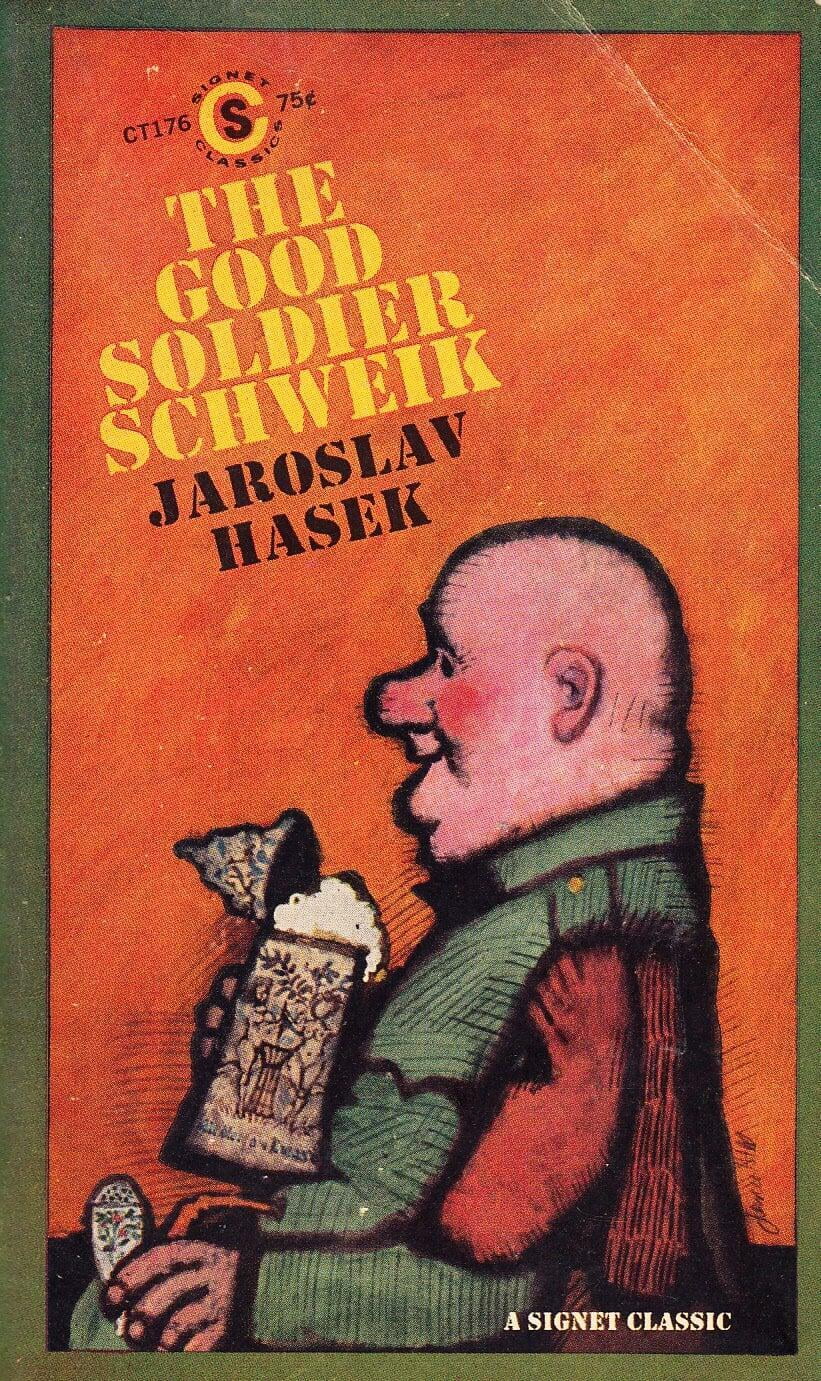
The Good Soldier by Jaroslav Hasek
The Good Soldier is a deep contrast to the previous books on this list, eschewing their dark tones for a lighter one as it tells the story of Svejk, a Czech soldier from the Austrio-Hungarian Empire, and his attempts to reach the frontlines of the war, a morbid goal by any measure. The Good Soldier is likely the funniest book written on the subject of war, with Jaroslav Hasek satirising the entire war effort through the cheerful nature of Svejk as his attempts to reach the frontline result in anything but. For those who’ve read mainly about the efforts of countries like England and France on the Western Front, the book serves as a good introduction a relatively unknown world, while also entertaining the reader throughout Svejk’s adventure as he deals with the bureaucracy that is war.
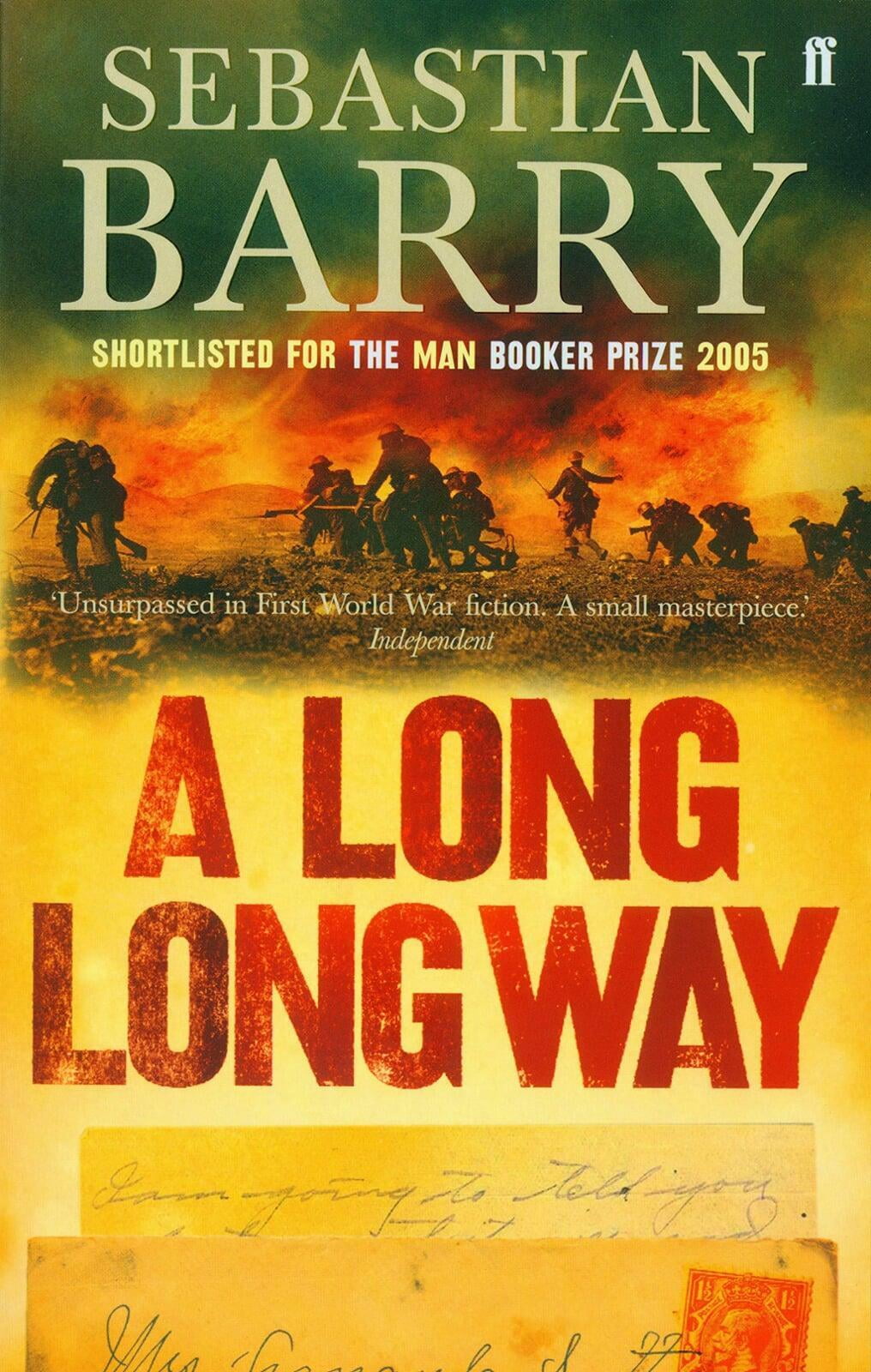
A Long Long Way by Sebastian Barry
A Long Long Way tells the story of an idealistic, inexperienced, young soldier from Dublin, Willie Dunne, who relishes the chance to serve against the Germans on the Western Front. As with every character in any creative piece of art from the First World War, Willie’s experience at war changes his outlook on life. Where A Long Long Way diverges, though, is in its introduction of the Irish Civil War that starts brewing as the First World War continues to devastate Europe. As Willie comes home to the bride he left behind and his policeman father during Easter of 1916, Ireland has metamorphosed into a hotbed of tensions between the Irish who crave Independence and those that are loyal to the King. Willie, like many Irish soldiers at the time, is divided by his desire for an autonomous rule for Ireland and his loyalty to the King. Sebastian Barry, a playwright first and foremost, uses wonderful prose to present Willie’s plight in the war, with a second half that’s unputdownable and heartbreaking in equal measure.
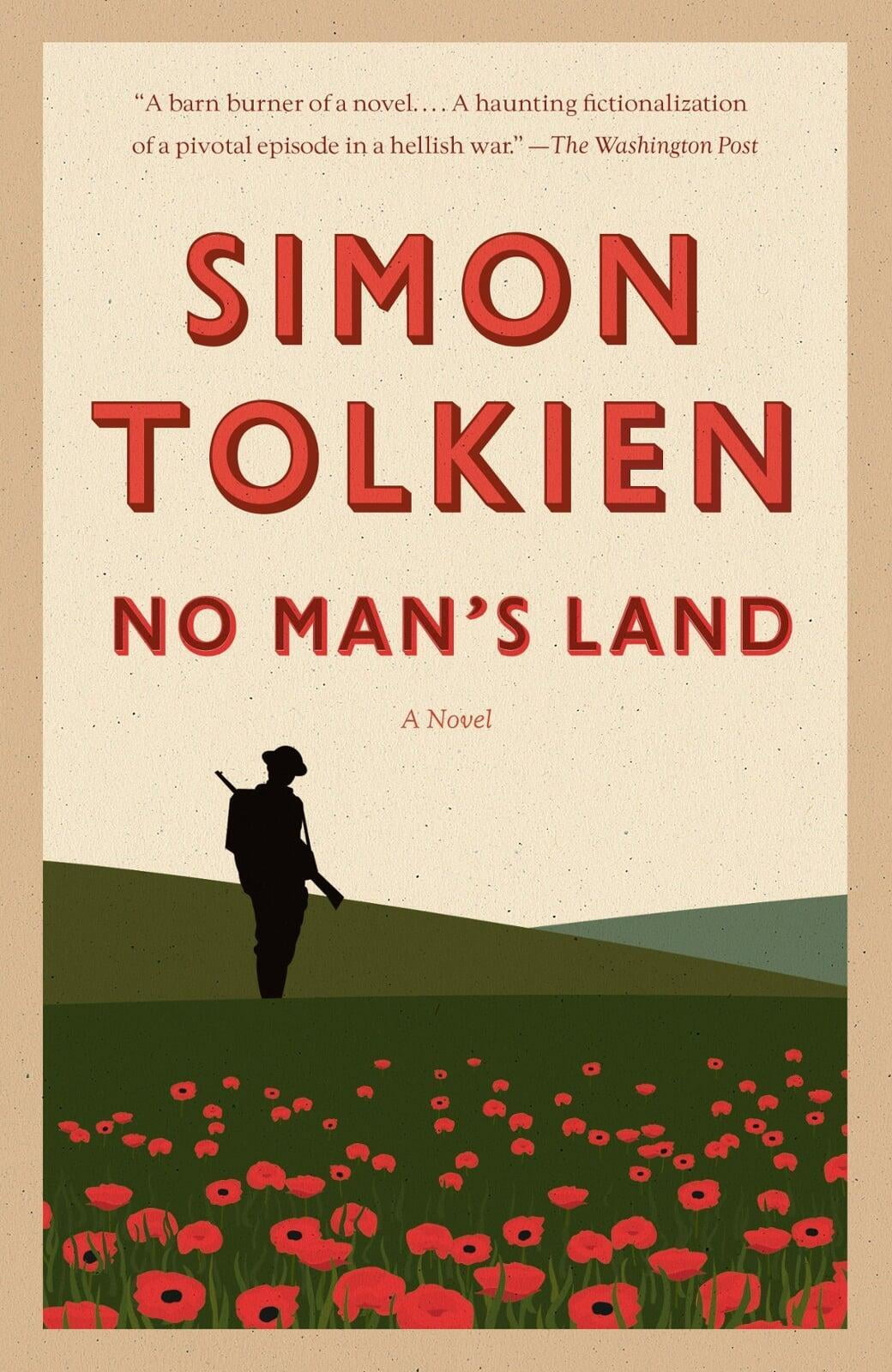
No Man's Land by Simon Tolkien
Simon Tolkien, the grandson of Lord of the Rings author J.R.R. Tolkien, wrote No Man’s Land as a tribute to his grandfather’s service during the First World War. Starting off akin to a Dickensian novel, the younger Tolkien’s tale follows the story of Adam Raine, who after losing his mother to a workers’ strike, moves out of London and up to the North with his father. The Edwardian setting reveals Adam’s struggles with achieving a name for himself as a poor boy, while also revealing society’s conflicts at large right before the advent of the war. As Adam begins to do well for himself, the war strikes, changing everything about his life once more. The class warfare between the rich and the poor and many other societal issues take a subtle backseat, while still being important enough as the war rages on. Despite the book’s dark subject matter, as it focuses on the grim subject of war, it also proves inspiring. Even after having thrown the world at him, Adam still retains a positive outlook on his life similar to Pip in Charles Dickens's novel, Great Expectations.
Gurmeet Kapoor has been writing since he was 16 and reading since he was a child. He thoroughly relishes reading historical novels, science fiction, as well as non-fiction books relating to World War I and II. He particularly enjoys his social sciences; history, psychology and philosophy, making sure to add a touch of these to his own work. In his free time, he likes to watch movies and watch cricket. He is a die-hard Manchester United fan.
